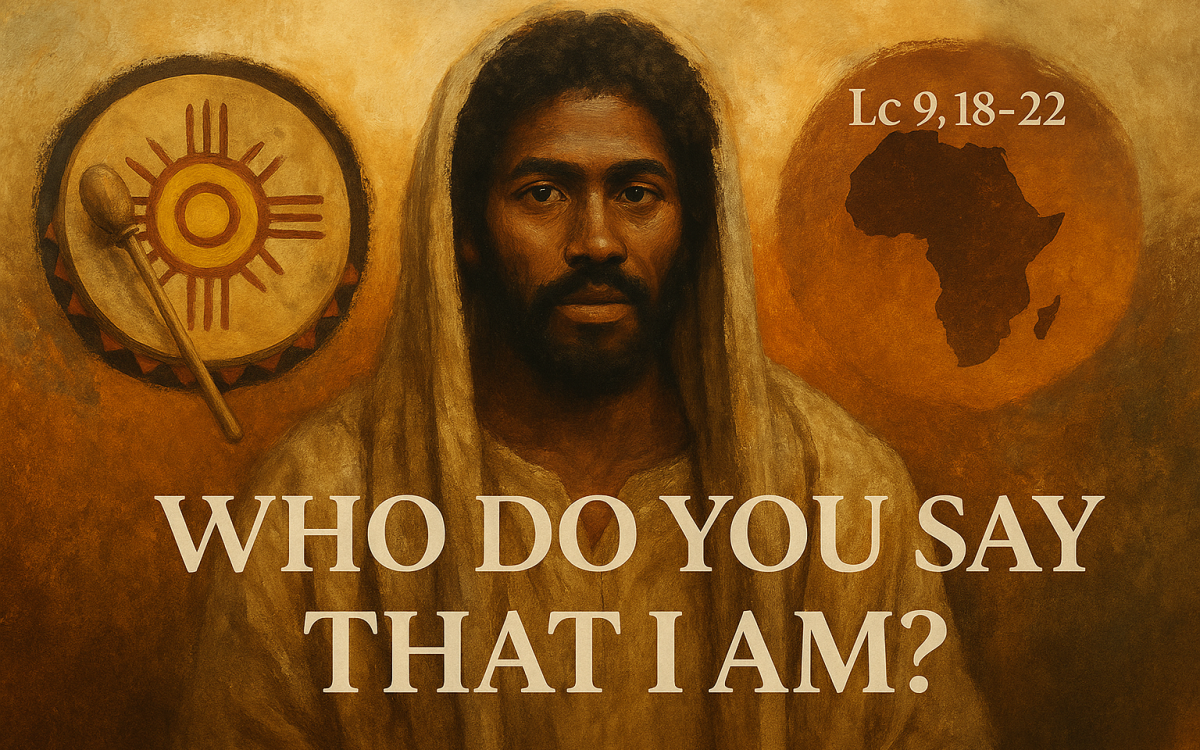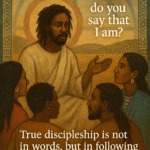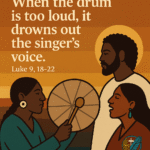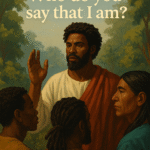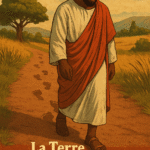Introduction
Who is Jesus for us today? This question continues to divide opinions — just as it did among his disciples. But the challenge of our time is not only unbelief. It is also the growing number of people who claim to know him while twisting his name for cultural, political, ethnic, or even racial agendas. The Gospel of Luke reminds us that the true recognition of Christ lies not in words, but in the path our lives reveal.
Biblical Reflection (Lc 9,18–22)
Jesus asks his disciples: “Who do you say that I am?”
Peter responds with faith: “The Christ of God.” Yet Jesus immediately links this identity to suffering, rejection, and the cross. In other words, to truly recognize him means to walk a path of service, humility, and fidelity — even when it costs.
Faith is not a label. It is a footprint we leave in the world.
African Wisdom
An African proverb teaches:
“The Earth always reveals your footsteps.”
Every action, every word, every choice leaves a trace. You cannot pretend to know Christ and walk in hatred or division. The Earth itself — the community, history, memory — will reveal whether your footsteps lead to life or to destruction.
Indigenous Wisdom
Among Indigenous Elders, truth is compared to the turtle: steady, carrying the world, impossible to overturn. Our lives, like the turtle’s path, leave marks that endure. The circle remembers.
Jesus’ question, “Who do you say that I am?” is therefore not answered by titles, but by the testimony of our footsteps — where we go, whom we lift up, how we live in balance with creation and each other.
Final Word
Today’s Gospel invites us to examine the footprints of our discipleship. Do they reveal Christ’s love? Or do they betray his name?
To know Jesus is to walk his path — step by step, trace by trace — leaving behind signs of healing, hope, and solidarity.
Prayer
Lord Jesus,
You ask us who you are.
Teach us to answer not only with words,
but with the footprints of our lives.
May our steps reveal love,
and may the Earth remember us as your true disciples.
Amen.
